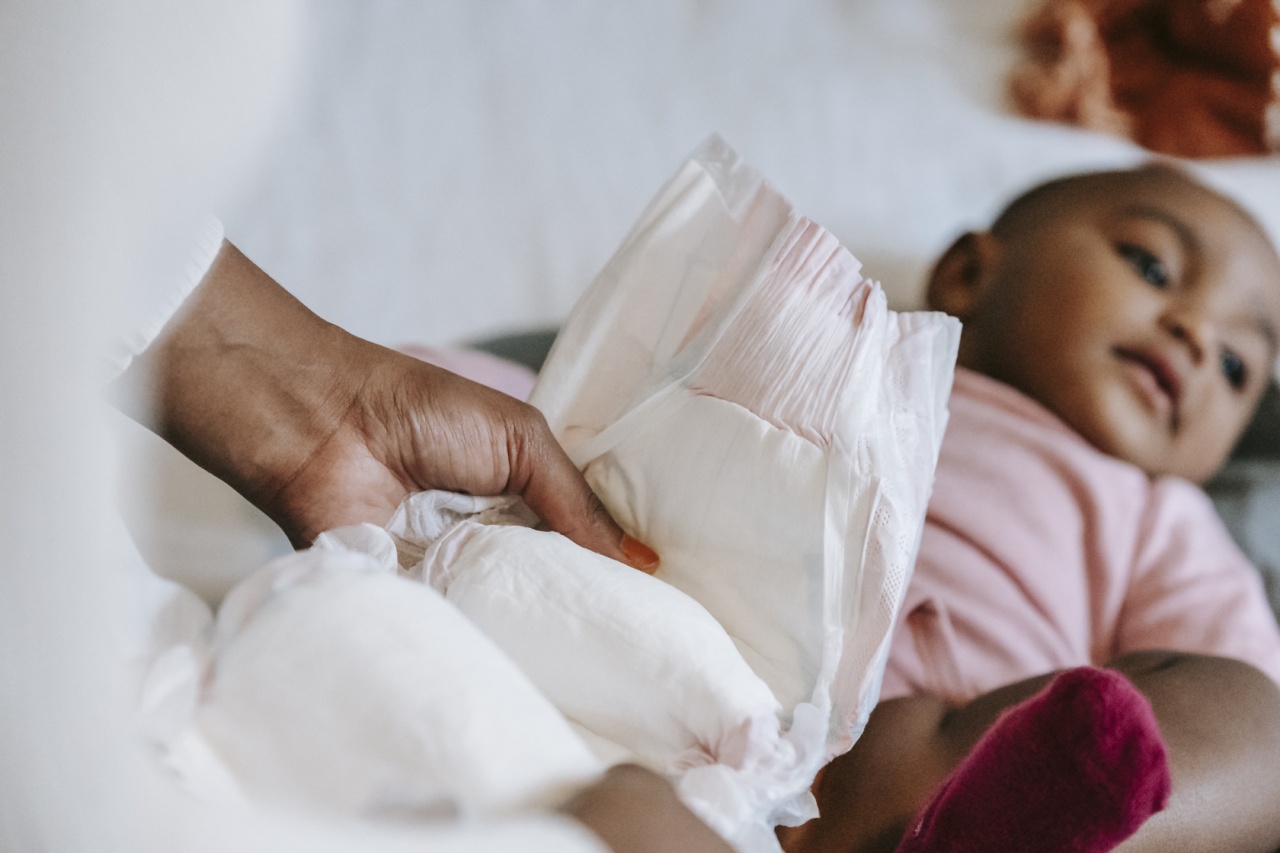Genital hygiene is an important aspect of overall hygiene that parents need to address when it comes to their children’s well-being.
Teaching kids about proper genital hygiene practices from a young age not only helps them maintain good health but also promotes a positive body image and fosters a sense of self-care. In this article, we will discuss everything parents need to know about genital hygiene for kids, including when and how to introduce the topic, common concerns, age-appropriate practices, and more.
1. When to Start Discussing Genital Hygiene
The topic of genital hygiene should be introduced as early as a child starts exploring and understanding their body.
It is crucial to make these discussions age-appropriate and open, creating a safe space for children to ask questions and learn about their bodies.
2. Importance of Open Communication
Approaching the topic of genital hygiene with empathy and open communication is vital. It helps parents establish a healthy foundation for discussions related to their child’s body and teaches them to value their own personal care.
3. Basic Genital Hygiene Practices
The following are some basic genital hygiene practices parents need to teach their kids:.
- Regular washing with warm water and mild, fragrance-free soap
- Gentle wiping from front to back for girls to avoid bacterial contamination
- Maintaining good hand hygiene before and after using the toilet
4. Age-Appropriate Practices
Genital hygiene practices evolve as children grow. It is essential to adapt the practices according to their age:.
- For toddlers and preschoolers, assisting them during bathing and teaching them the basics of wiping
- For school-age children, promoting independence while emphasizing the importance of thorough cleaning
- For adolescents, discussing the use of appropriate menstrual hygiene products and addressing any concerns
5. Addressing Common Concerns
Parents may come across various concerns related to genital hygiene. Some common concerns and their solutions include:.
5.1. Smegma
Smegma is a substance that can accumulate in uncircumcised boys and rarely in girls. It is important for parents to understand how to clean and address any potential issues associated with it.
5.2. Vaginal Discharge
As girls approach puberty, they may experience vaginal discharge. Parents should educate their daughters about this natural bodily function and the importance of maintaining proper hygiene.
5.3. Teaching Boys about Circumcision Care
If parents opt for circumcision, it is crucial to learn about the care required during the healing process and teach boys how to maintain cleanliness in that area.
5.4. Educating about UTIs
Urinary Tract Infections (UTIs) can affect both males and females, but girls are more prone to them. Parents should educate children about the symptoms, prevention, and the importance of urinating before and after sexual activity.
6. Promoting Positive Body Image
Teaching kids about genital hygiene is an opportunity to promote a positive body image. Parents should emphasize that every body is unique and normal and that maintaining good hygiene is essential for overall health and well-being.
7. Overcoming Challenges
Some children may feel embarrassed or hesitant to discuss genital hygiene. Parents should create a safe and non-judgmental environment, answer any questions, and address concerns promptly.
Seeking guidance from healthcare professionals may also be beneficial.
8. Dealing with Puberty
Puberty marks an important phase in a child’s life. Parents should have open discussions about the bodily changes that occur during puberty, stressing the significance of genital hygiene as part of overall self-care.
9. Establishing Healthy Habits
Consistency is crucial when it comes to establishing habits. Parents should encourage their kids to incorporate genital hygiene practices into their daily routine, ensuring it becomes a lifelong habit.
10. Seeking Professional Help
If parents have concerns about their child’s genital hygiene or are unsure about any aspect of it, it is always advisable to consult healthcare professionals who can provide accurate guidance and address any underlying issues.
Conclusion
Genital hygiene is an essential topic that parents need to address with their children to ensure their overall health and well-being.
By having open conversations, teaching age-appropriate practices, and addressing common concerns, parents can equip their kids with the knowledge and habits necessary for proper genital hygiene. Remember, promoting positive body image and emphasizing the importance of self-care are key aspects to instill in children from a young age.































